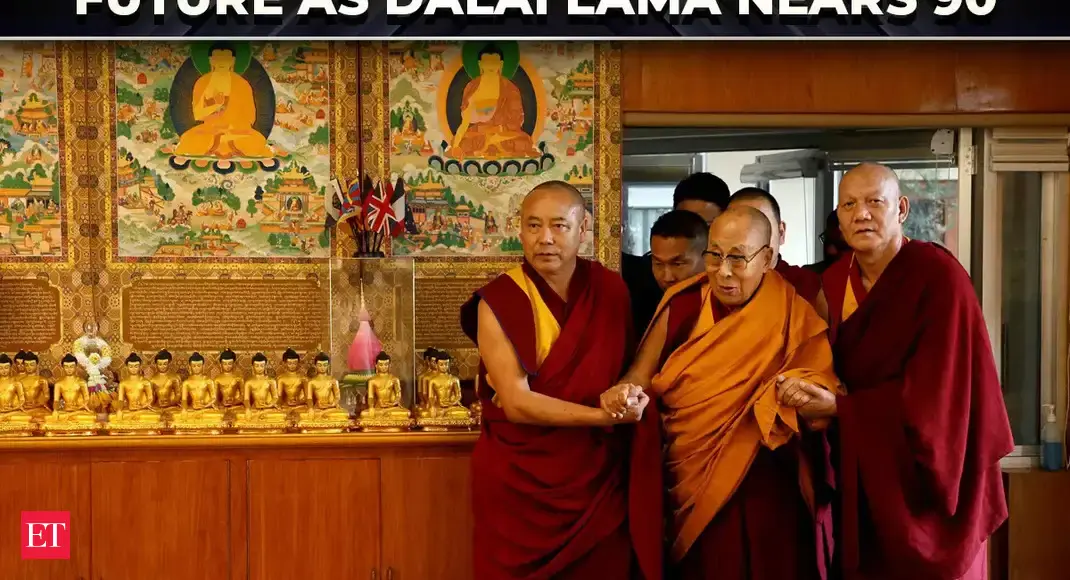

As the 14th Dalai Lama, Tenzin Gyatso, approaches his 90th birthday on July 6th, the Tibetan exile community and the world at large are turning their attention to the critical issue of his succession. This is not merely a spiritual matter, but a deeply political one, fraught with geopolitical implications, especially concerning China's involvement.
Traditionally, the selection of a Dalai Lama's reincarnation occurs after their death, with senior monks seeking a child exhibiting qualities of the predecessor. However, Tenzin Gyatso is considering naming his successor while still alive, a move unprecedented in Tibetan Buddhist tradition. He has also stated that his successor will be born outside of Tibet, in the "free world," to avoid Chinese Communist Party (CCP) control. In his recent book, "Voice for the Voiceless," he emphasized that the new Dalai Lama must be free to continue the mission of universal compassion and to represent the aspirations of the Tibetan people.
China, viewing the Dalai Lama as a separatist, insists that it alone has the authority to approve the reincarnation of Tibetan lamas. They have already installed their own Panchen Lama, a key figure in identifying the next Dalai Lama, after detaining the boy recognized by the Dalai Lama and his followers. This action underscores Beijing's desire to control Tibetan Buddhism for political purposes, hoping to neutralize the Tibetan independence movement and solidify its control over the region.
The Dalai Lama's succession is further complicated by China's historical claims and interference. Beijing refers to an imperial ordinance from 1793, asserting that the selection of Living Buddhas, including the Dalai Lama, requires their approval. However, the Dalai Lama and his supporters argue that this ordinance was not consistently applied and that the selection process should be free from political interference.
Amidst these complexities, the Dalai Lama is scheduled to address a major gathering of Buddhist religious figures, potentially sharing clues about his successor. Dolma Tsering Teykhang, the deputy speaker of the Tibetan parliament-in-exile, stresses the importance of hearing directly from the Dalai Lama, given China's attempts to manipulate the reincarnation process for its political gain. The concern is not only for the survival of Tibetan culture, religion, and national identity but also for the well-being of humanity.
Despite the uncertainty, the Dalai Lama has expressed his intention to live a long life, potentially until 110. He has also put in place a system for the government-in-exile to continue its work while his Gaden Phodrang Foundation searches for the next Dalai Lama. This foundation, established in 2015, is comprised of his aides.
The succession of the 14th Dalai Lama is a pivotal moment that will shape the future of Tibet and Tibetan Buddhism. The decisions made in the coming months will determine whether the next Dalai Lama can continue to be a voice for the voiceless and a symbol of compassion, or whether China will succeed in co-opting the role for its own political agenda.